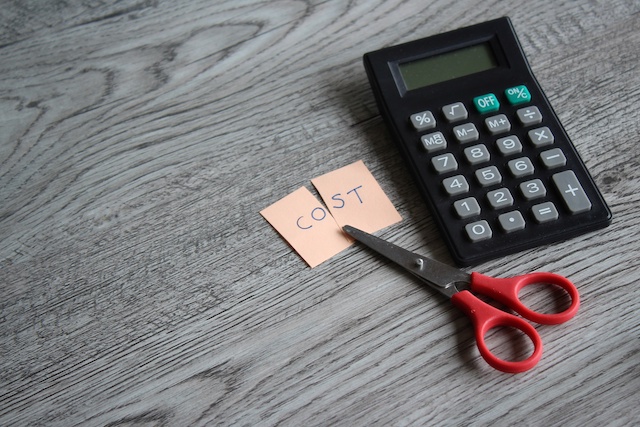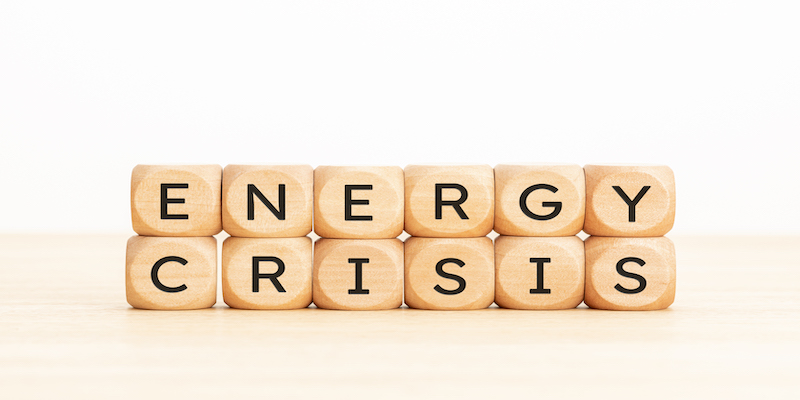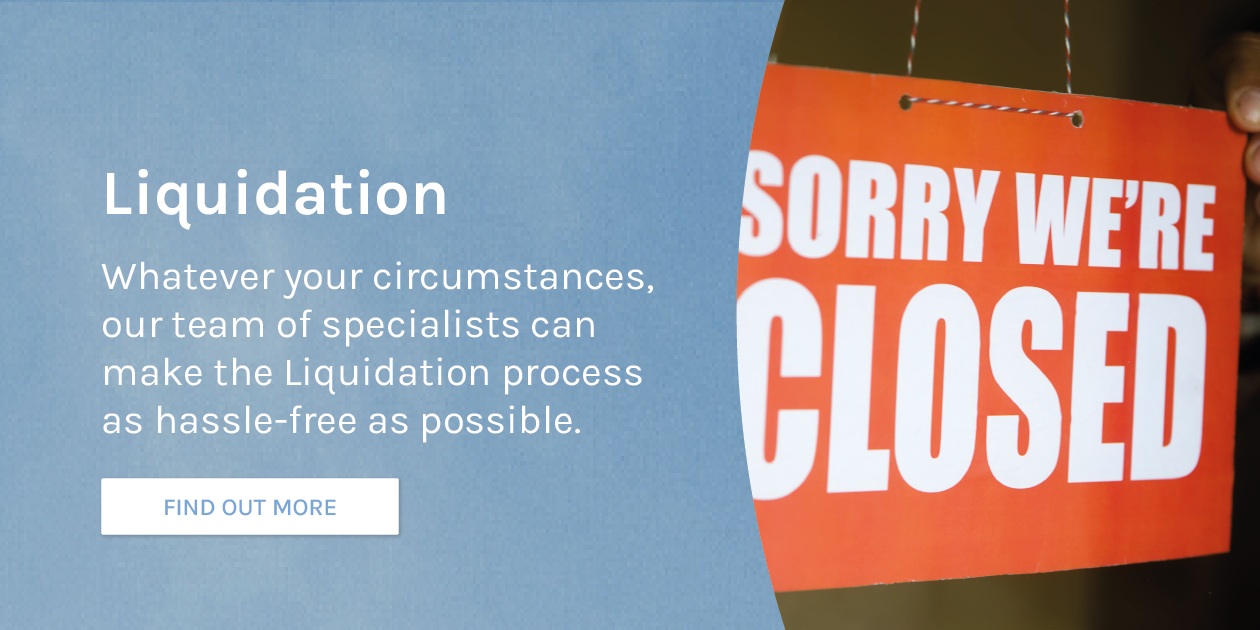As an owner/director of a business, you will understand the significance of effectively managing your company’s expenses. You will know the importance of maximising long-term sustainability however you can.
One of the most pressing areas for owners today is the significant financial burden that comes with energy bills. Huge increases to energy bills have put a strain on people from all walks of life — from the smallest of family companies right up to the largest boardrooms in the world — all will be trying to reduce business energy costs however they can.
High energy bills can put significant financial strain on a business and, if paired with a down-period in trade, could even lead to tough conversations regarding liquidation or other insolvency mechanics.
In this blog, we will discuss the rise in energy prices, as well as a few strategies you can implement to reduce business energy costs.
Why Does Energy Cost So Much For Businesses Right Now?
There are a number of factors that have all combined together to lead to significant increases to energy costs for residents and businesses. These primary factors include the conflict in Ukraine, as well as notable supply and demand issues. For businesses, this strain can be even worse. This is because of the way commercial energy contracts are set up.
The reason many companies are feeling the effects of the recent energy crisis so much more is because traditionally commercial energy contracts are done on a multi-year basis. This means that, for many, the rising energy costs have been delayed, but as many of these fixed contracts come to an end, businesses are staring down the barrel of unprecedented rises to their bills.
While rates have been falling throughout 2023, the average business is now facing up to 65% more than they were only 12 months ago.
How to Reduce Energy Costs in Business
From arranging an audit and purchasing energy efficient light bulbs and equipment, to training your team in what they can do to reduce energy costs in business and even switching your energy supplier, there are a wide variety of different methods you should consider to limit the impact of rising energy costs on your company.
Sitting down and working out ways to reduce business energy costs can lead to significant savings — savings that could be the difference between being forced to shut down and keeping the doors open. Here are a few strategy suggestions you can look to implement going forwards:
Conduct an Energy Audit
Just taking readings of your meter from time to time won’t give you the whole picture when it comes to your energy output. If you’re serious about cutting down, then you may wish to consider contacting an expert who can come in and conduct an energy audit.
This will highlight areas of your operation that could be made more energy efficient.
A more simple alternative is to install a smart meter. These more modern meters can give you more access to data that can make it more accessible to conduct your audit yourself.
Conducting an audit can allow you to see for yourself just when you’re using the most energy, and as a result are spending the most on your bills. This can allow you to make alterations to help trim your wasted energy.
Consider Making Lighting/Equipment More Sustainable
Lighting can be one of the most pricey aspects of your firm’s energy bill. It’s estimated that between 20-40% of your bil could go just on lighting the premises. With such a large share being just on one thing, it would make sense to consider what you can do to limit this.
The most simple method of cutting on lighting costs is to replace old incandescent filament bulbs with modern LEDs or halogens. While the upfront cost may put you off, they can save you significantly more in the long run than they cost initially.
Additionally, something to consider is that your equipment and appliances could be contributing heavily to your bill without you ever realising it. If your regularly used equipment all has bad energy ratings, they could act as a silent killer should your company begin to find itself in financial difficulties.
European appliances must be graded by their efficiency from grade A+++ to G (with G being the worst). Much like with the lightbulbs, the most efficient electricals will cost a premium — but you should see a return on this investment in no time.
Is Flexible Working Plausible?
While the concept may have felt alien only a few years ago, post-pandemic the concept of remote or hybrid working is much more common. While the premise became widespread during COVID-19 to keep companies running and people safe, nowadays it is more accepted due to the benefits it can have to workers, and also for the savings it can bring company owners/directors.
With fewer or no members of staff needed in the office, you can keep lights and equipment charges to the bare minimum if at all — so regardless of if it would be totally remote or a hybrid workplace, it’s something worth considering if you are able.
Train Your Workforce
Implementing energy efficient measures likely won’t move the needle if you don’t get the whole team on board. If you educate and train your team on ways they can act more energy conscious, they could be what really sets you on the path to saving significant sums.
Switch Suppliers
Something many may not want to stress themselves with. However, opting for a different energy supplier could land you with a much better package overall.
What if my Business is Struggling Financially?
Working out how to reduce business energy costs is a vital step towards ensuring financial stability. If you were to take the step to implement just a few of the strategies outlined above, you could make a noticeable dent in your bills.
However, times are tough for all businesses. We understand that when energy bills and corporation tax is on the rise as it is sometimes, even the best efforts can’t completely turn things around. Some circumstances may arise where paying your energy bill becomes too much of a struggle — or even impossible.
If your business is struggling financially, there are a number of options available to you, including:
- Company Voluntary Arrangements: A company voluntary arrangement (CVA) is an agreement between a business and its creditors. It allows for the debt to be restructured into more affordable repayment plans.
- Restructuring: An insolvency expert can offer guidance on best practices when it comes to restructuring your business’ operation to improve its financial position.
- Insolvency: Should your company be struggling to the point where it is insolvent, liquidation will become necessary. An expert can manage the closure and ensure everything goes smoothly on your behalf.
- Manage Cash Flow: Something many won’t consider is contacting an expert who can help to optimise your cash flow in order to improve the liquidity of your business.
The Business Recovery & Insolvency Specialists
If you find yourself unable to turn things around and need help, our insolvency experts are here to help and offer our support and guidance.
Our team has the expertise and experience needed to help you navigate the often stressful liquidation process and ensure that you come out with the best outcome possible. We have been there and seen it all, we understand how tough the challenges company owners and directors are facing these days to keep the doors open. We are here to help.
The team at Inquesta Insolvency are experts in their fields. We understand that each business is unique, and so too are there circumstances. There is never a ‘one-size-fits-all solution when it comes to helping a business. Our team aims to always offer tailored support to our clients — support that matches their specific needs and circumstances. We will assess your financial situation and devise strategies intended to align with your ultimate goals.
Additionally, our team is here to help you turn things around in the long-term, not just for the next few weeks or months. Our services are catered and designed to offer a holistic approach. We consider not only what can be done immediately, but also how we can help the long-term viability of your business.
For more information about what our team of experts can do to help you, request a free consultation or get in touch today.




